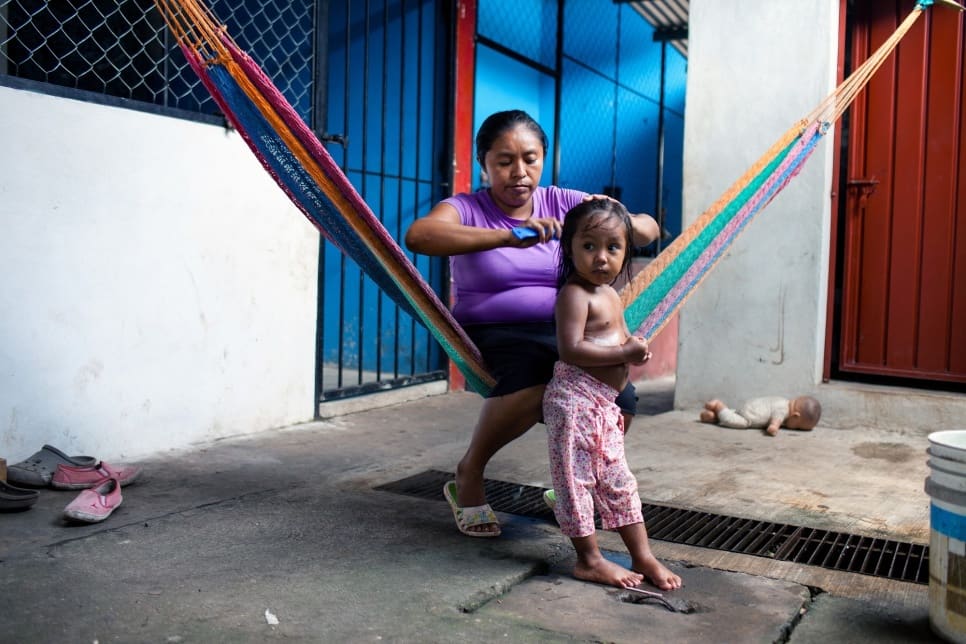
The human right to live in peace is going along with the land rights. The case of the Northern Triangle a dialogue with Marta Benavides.
Marta Benavides of El Salvador is one of the surviving activists from the original group of human rights and peace advocates who began their work during the 1970s and the rising climate of repression. Marta Benavides works on social transformation through culture, culture of peace, long-life learning, is a member of various world processes for durable peace, she follows UN and UNESCO processes as part of the women, sustainable caucus of values. Marta is going to be a delegate at the High level Summit which will be held in New York by the United Nation on the 19th September to launch a new deal for refugees, migrants and societies a deal that addresses the reasons people need to or choose to leave home, that provides safe passage while protecting their fundamental rights; a deal in which displaced people, refugees and migrants can preserve their family unity, build new lives and access their human rights without discrimination; a deal to build inclusive and diverse societies without xenophobia and racism that are able to welcome newcomers, and thrive together[1]. The Summit is going to take a step forward the 1951 Refugee Convention written in the occasion of a similar displacement on the same scale that we are experiencing nowadays.
Marta ha esposto un tema specifico per l’incontro “Cibarsi di diversità”: come il diritto umano di vivere in pace sia connesso con l’accesso alla terra e il controllo delle comunità sulle trasformazioni del proprio territorio. Nello specifico vedremo dettagliatamente la questione dell’acqua e lo sfruttamento delle risorse, che prende luogo nel Triangolo del Nord: Guatemala, Honduras e El Salvador, territori che furono colpiti da guerre civili nel 1980, che hanno lasciato un’eredità di violenza e di fragili istituzioni.
Ascolteremo la voce di Marta Benavides rispetto ai processi in corso nel Salvador e Porto Rico: come i trattati finanziari sfruttano terra e risorse. Per esempio, vedremo come le piantagioni di zucchero di canna, intensificano i processi di deforestazione e conseguentemente di desertificazione.
Marta sostiene che per raggiungere la sicurezza alimentare deve essere garantita la sovranità sul cibo nel qui ed ora e per le future generazioni: ciò significa controllo su i nostri territori per sfamare prima le nostre comunità e mettere fine alle dipendenze indotte da un’economia senza limiti.
PODCAST OF THE MEETING